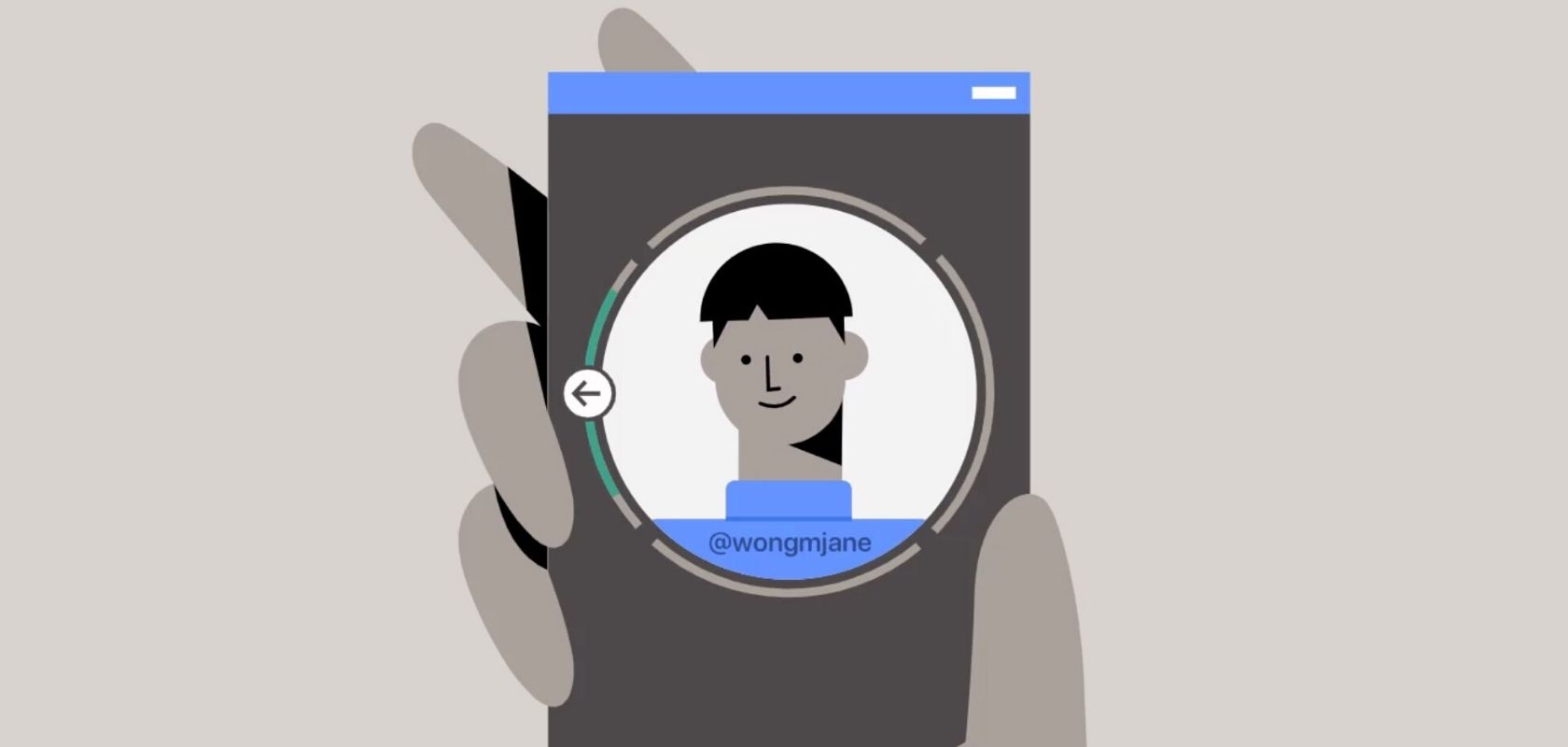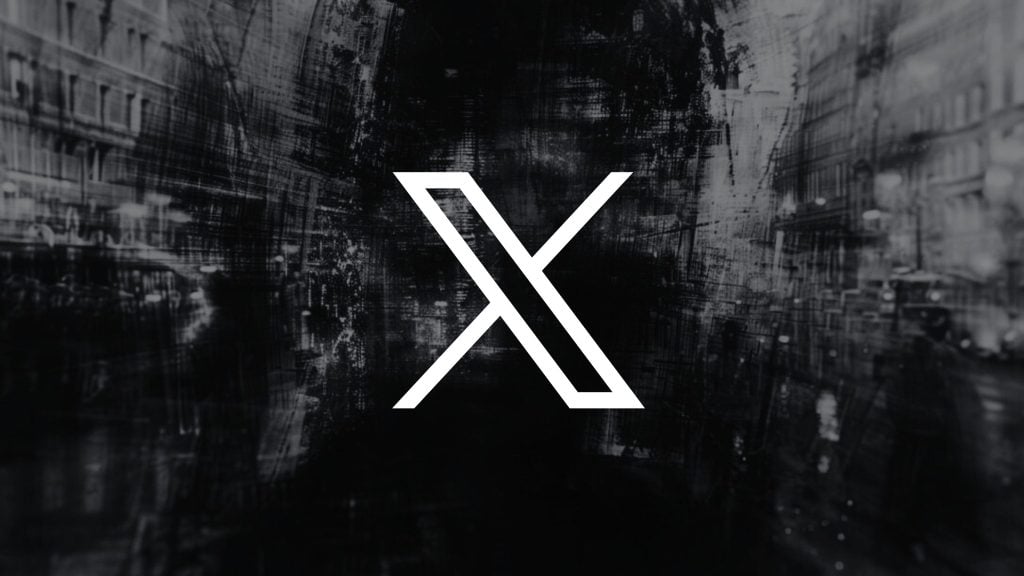Long gone are the days when Facebook asked its users to upload copies of their driver’s licenses or passports just to ascertain that they were who they said they were.
And Facebook users by and large complied – no doubt, believing there was some benefit to them in this exchange. By now, many of them probably know better. But by now, it’s also probably too late.
It’s 2019, and the actual harm Facebook does to its users is the same it was in 2009 – the social media giant is harvesting users’ personal data, retaining it, and apparently using/selling it in ways nobody really knows, or seems particularly interested in finding out about.
But this concern has been by and large lost in the fog of the ongoing election and/or geopolitical cold war. Abuses of private data – the way it actually affects real, “ordinary” people – rather than the way this may or may not derail a politician’s campaign – are mentioned as a sidebar at best.
So it should be no surprise that, although accosted by high-profile critics from every side – Facebook seems to be marching forward with some highly controversial and all too often privacy abusing, dystopian-like tech such as facial recognition.
Hong Kong-based security researcher Jane Manchun Wong has posted on Twitter that Facebook is now working on taking people’s facial recognition parameters in order to verify their identity.
Click here to display content from Twitter.
Learn more in Twitter’s privacy policy.
In a series of tweets, Wong specifies that users are asked to provide selfies “looking at different directions.”
Sounds like a good old mugshot – but what are Facebook’s users being brought in for, and suspected of doing here?
“If you were Facebook, how else would you make sure the user is real?,” Wong asks.
Here’s another question: If you were Facebook, why would you even need to make sure the user is “real”? Is Facebook “real” – and how does a regular user ascertain that?
Wong seems to have her answers: Facebook may have to go for facial recognition, asking users to provide this private data in exchange for such benefits as “preventing e-commerce fraud and misinformation campaigns.”
But let’s be real: could all this have to do with sustaining Facebook’s entire core business model – one that relies for all it’s worth on full access and exploitation of personal data and preferences of its users for something as banal as advertising?
If you're tired of censorship and dystopian threats against civil liberties, subscribe to Reclaim The Net.









